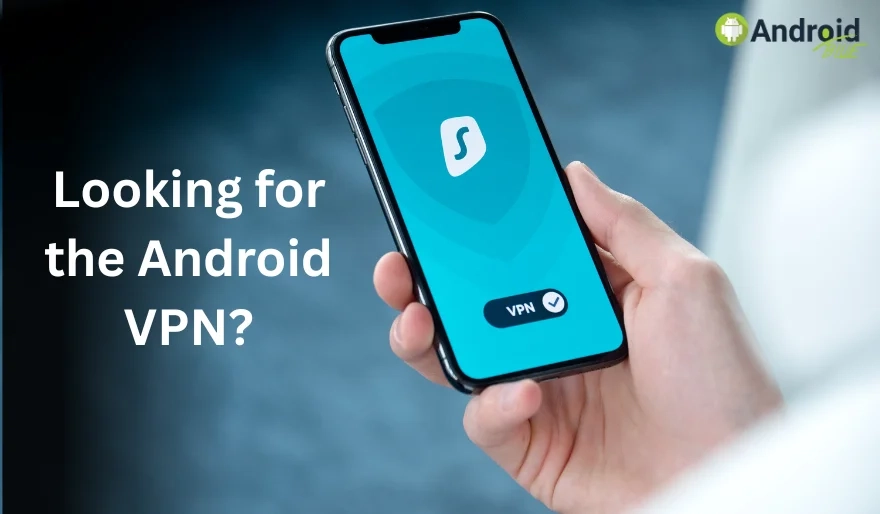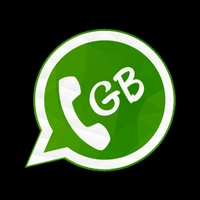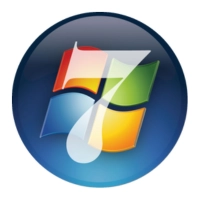Looking for the VPN? Top Choices, Free Trials, and Security Tips
8 min read If you are looking for the tips to get the best vpn suggestion for android, have a look. April 04, 2025 08:15
So there I was, sitting at a crowded little coffee shop in the city-latte in hand, some flaky croissant crumbs on my hoodie-and I was trying to get some freelance work done on my Android tablet. It was one of those cozy spots with great vibes... and highly questionable Wi-Fi. You know the type. My email wouldn’t load properly, my messages were lagging, and I had that gnawing feeling someone across the room might be poking into my connection. That’s when I finally decided-enough was enough. I needed a VPN, stat.
If you’ve ever been in the same boat, wondering which VPN is actually worth it on Android (without costing you a kidney), you’re in the right place. According to Cybernews, finding a best VPN for Android requires balancing speed and security - and let me tell you, that’s not always as easy as it sounds.
Let’s get into it. Here’s a no-fluff guide, based on real experience, croissant crumbs and all.
Top VPN Recommendations for Android
ExpressVPN
This one’s like the VIP of VPNs. Even if you are not the most tech-savvy, the Android app is exceptionally user-friendly, slick, and lightning-fast. What sold me? Their kill switch is rock solid, and it unblocks pretty much every streaming platform you throw at it.
NordVPN
If you’re into fast speeds and top-tier security, NordVPN has your back. Their NordLynx protocol is crazy quick, and they’ve got this Meshnet tool that lets you link devices in a secure network-perfect for folks who bounce between phone, tablet, and laptop.
Surfshark
Affordable and flexible-Surfshark lets you connect unlimited devices, which is rare and awesome. Their GPS spoofing is handy too, especially if you’re playing games like Pokémon Go or want to check local deals in different countries.
Proton VPN
Privacy lovers, this one’s for you. Based in Switzerland (land of chocolate and strong privacy laws), Proton offers open-source apps, solid encryption, and a very decent free plan. Plus, their Discreet Icon feature makes the app blend in-great for traveling or school/work environments where VPNs aren’t always welcome.
Windscribe
Quirky name, serious features. Their free plan is surprisingly generous, and they’ve got this cool tool called R.O.B.E.R.T. that blocks ads, trackers, and malware. Oh-and Decoy Mode? Perfect if you want to hide that you’re using a VPN in restrictive regions.
How to Choose the Best Android VPN
Privacy and Security Features
Start with the basics: look for AES 256-bit encryption (military-grade stuff), support for OpenVPN or WireGuard, a no-logs policy, and DNS leak protection. Obfuscation and multihop servers are a bonus, especially if you’re in a restrictive country. And hey-third-party audits? Always a good sign.
Speed and Performance
If you’ve ever tried to stream Netflix while your VPN crawls along at snail speed, you know how important this is. Server location matters a lot. Go for a VPN with a big global network so you can pick a fast, nearby server.
Usability and App Features
The Android app should be clean, intuitive, and easy to navigate. Nobody wants to dig through five menus just to hit "connect." Bonus points if it offers shortcuts, split tunneling, or a Quick Connect feature.
Pricing and Free Options
Free VPNs can be sketchy, but some do it right. That said, a low-cost premium VPN with a 30-day money-back guarantee is usually your best bet. Just avoid the ones that bombard you with ads or limit your data to 500MB a month. C’mon, that’s like one YouTube video.
VPNs for Specific Android Use Cases
Best VPN for Streaming on Android
ExpressVPN and NordVPN take the cake here. They unblock Netflix, Disney+, Amazon Prime, and BBC iPlayer like champs. You won’t have to deal with that dreaded “proxy detected” message again.
Best VPN for Gaming on Android
You’ll want low latency and quick connections. Surfshark and NordVPN are both good picks-they offer stable pings and won’t lag you out mid-match.
Best VPN for Privacy on Android
Proton VPN and Windscribe win here with their strict no-logs policies, strong encryption, and privacy-first approaches.
Best Free VPN for Android
Proton VPN’s free tier is probably the safest bet. Windscribe is solid too if you don’t mind the 10GB monthly limit. Just avoid the random free ones with zero transparency-they might be selling your data.
VPN Protocols & Encryption
Common VPN Protocols
The big three to know: WireGuard (fast and modern), OpenVPN (reliable and secure), and IKEv2 (good for switching between Wi-Fi and mobile networks).
Encryption Standards
Look for AES 256-bit encryption-it’s what banks and governments use. In essence, everyone who attempts to pry will spend all of eternity staring at jumbled gibberish.
Frequently Asked Questions (FAQ)
What can I do with an Android VPN?
Tons! Be careful when connecting to public Wi-Fi, unblock websites, you can use WhatsApp where it is blocked, stream and more!
What devices can I use an Android VPN on?
Android TV boxes, smartphones, tablets, and even some smart televisions. Android 5.0 and later (Lollipop, if you are wondering) are supported by a lot of VPNs.
User Comments (0)
Popular Apps









